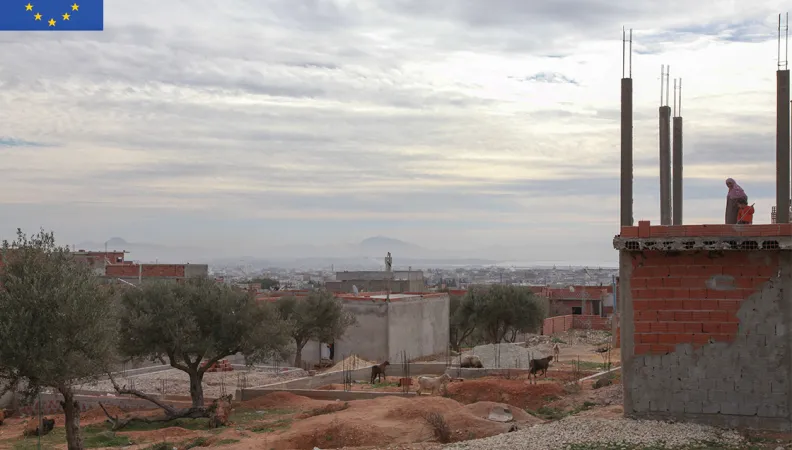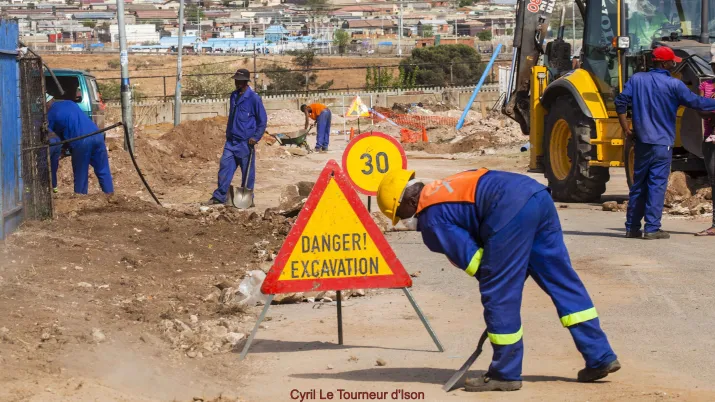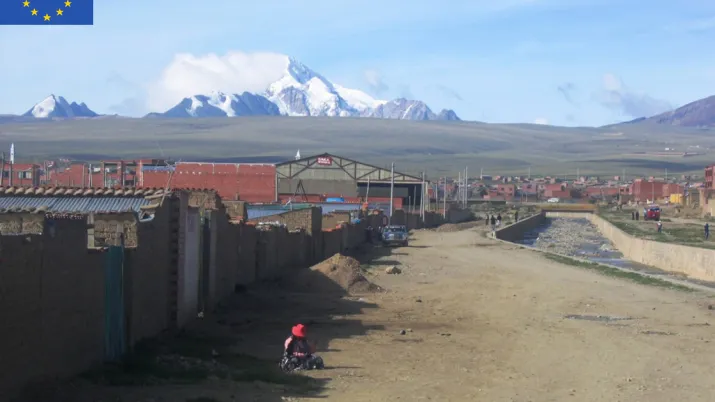Share the page
Economic, social and regional inequalities in Tunisia

-
Project start date
-
2018Status
Completed
-
Project end date
-
2019
-
Project duration
-
1 year and 3 months
-
AFD financing amount
-
100000
-
Country and region
-
Location
-
Jendouba, Kasserine, Tozeur, Monastir, Nabeul
-
Partners
-
Research program
This research project examines inequalities in Tunisia, in order to provide a more in-depth description and analysis of them in their various forms. In particular, it explores the determinants of the spatial distribution of inequalities, so that new proposals can be formulated on the role of human capital (both acquired and inherited) and social capital. The objective? To propose decision-making tools for better designing policies to fight against inequalities.
Context
Economic, social, and regional inequalities represent a major concern in Tunisia and around the world—for both ethical and political reasons. Growing gaps in equality threaten stability and social peace. They also discourage private initiative, curb investment, and reduce productivity.
This project is part of the first phase of the Research Facility on Inequalities, coordinated by AFD and funded by the European Commission's Directorate-General for International Partnerships over the 2017-2020 period. The first phase of the Facility has led to the conduct of 22 research projects and the publication of around 100 research papers and policy briefs.
Goal
This research project has two components.
- The first consists of an in-depth review of the state of inequalities in Tunisia, including the geographical dimension. It should help take stock of the knowledge about this issue in Tunisia, by highlighting the territorial aspects of the various dimensions of inequalities.
- The second component involves analysis of the determinants of inequalities. In a context of territorial comparison, the analysis focuses on social characteristics, training, and evolution of social capital. It also takes into account the importance of heritage in skills and knowledge, i.e. the inherited human capital that supplements the human capital acquired through the formal education system.
The two components of this research program are complementary and must be carried out in a parallel fashion. The objective? To give a broader perspective of the geographical aspects that characterize inequalities in Tunisia.
Two articles, available in the "Results" section below, have been produced from the research:
- The first one that takes stock of the inequalities;
- The second one on their determinants and on the role of human and social capital in the emergence (or formation) of inequalities.
Method
- A review of national and international literature will be conducted, especially on the conceptual and theoretical aspects. This will make it possible to fine-tune the analytical framework for measurement and analysis of inequalities and their determinants.
- A quantitative analysis on the state and evolution of inequalities will be carried out, based on available data.
- A survey will be carried out, with the main objective of gathering data on human capital and on social capital, through the diverse geographical areas of Tunisia where quite homogeneous communities are identified. This survey will make it possible to propose a measurement of human and social capital, which will be used to analyze the determinants of inequalities.
Results
You may find the research papers and the policy brief below.
Research papers:
- Les inégalités en Tunisie (in French)
- Les inégalités en Tunisie : quels rôles pour le capital humain hérité et le capital social ? (in French)
Policy brief:
Contact
-
Cecilia POGGI
Research Officer



